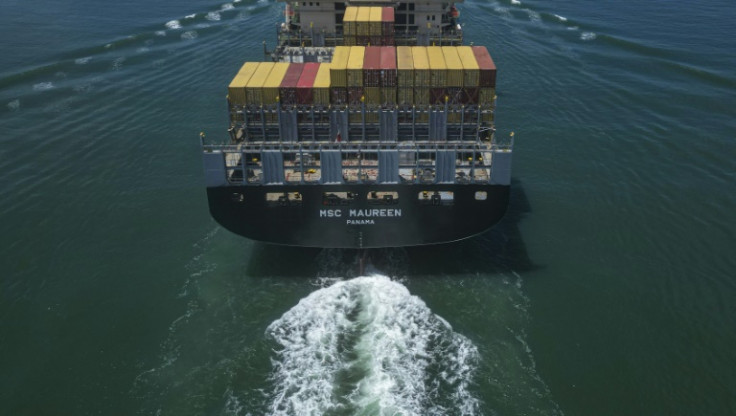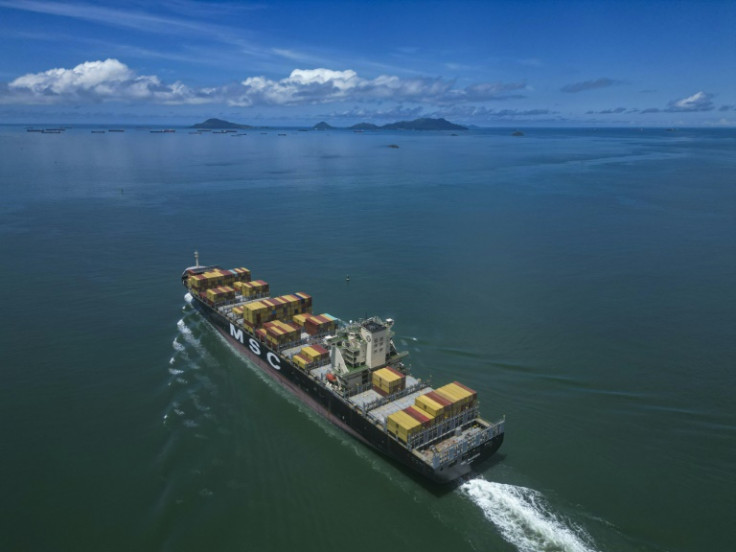Panama Canal Agency Warns Water Shortage 'Is Not Over'

The Panama Canal Authority (ACP) said Wednesday that the famed waterway continues to face a water shortage, despite recent rains alleviating most restrictions imposed following last year's drought.
"The waterway continues to face the impact of a prolonged dry season from this past year that limited the capacity of daily passages through the canal," the ACP said in a statement. "Despite the start of the rainy season, the water problem for Panama and its Canal is not over."
Unlike other waterways such as the Suez Canal, the Panama Canal, which usually handles about six percent of global maritime trade, operates with rainwater from the artificial lakes Gatun and Alajuela.
Due to the meteorological phenomenon known as El Nino this past year, the drought-stricken canal has had to reduce the number of shipping vessels that pass through each day, as well as the size of each ship's draft.
However, the agency said Wednesday it will allow an increase in a vessel's draft to 14.6 meters (48 feet) starting July 11, and a maximum of 35 ships will be allowed to pass through per day beginning August 5.
The ACP, which oversees the canal, also called for alternative water sources to be identified and storage projects developed.
In the 2023 fiscal year, 511 million tons of cargo passed through the Panama Canal, generating $3.34 billion in revenue.

© Copyright AFP 2025. All rights reserved.





















